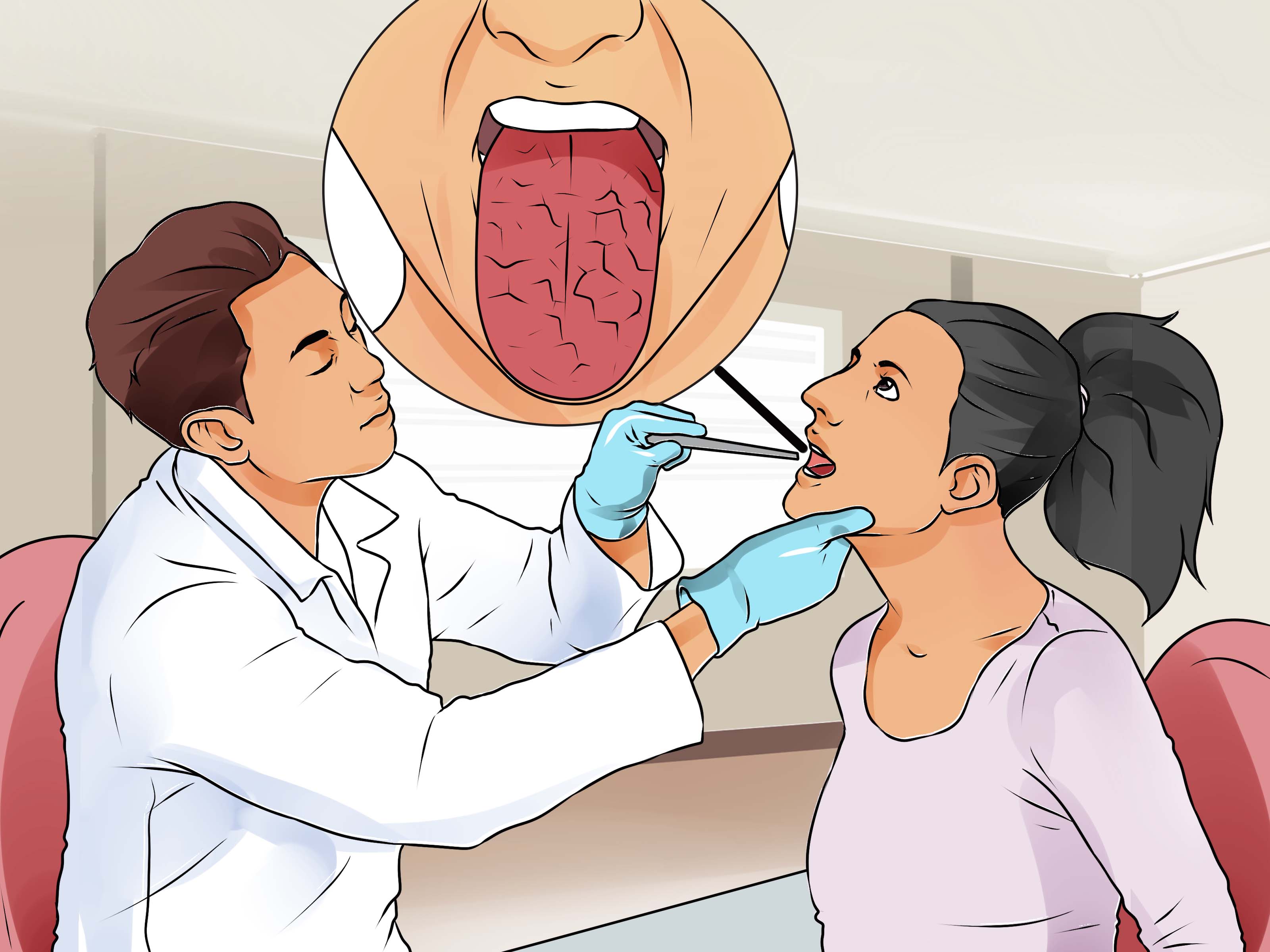Teeth Feel Gritty: Fix Bad Breath Now

The uncomfortable sensation of teeth feeling gritty, often accompanied by the embarrassment of bad breath, can significantly impact one’s confidence and overall well-being. This combination of issues typically stems from poor oral hygiene, but it can also be a sign of underlying health conditions that need attention. Understanding the causes and taking appropriate action can help alleviate these problems, restoring not only the health of your mouth but also your self-assurance.
The Connection Between Gritty Teeth and Bad Breath
Gritty teeth are usually the result of plaque buildup, a biofilm of bacteria that forms on the teeth. When plaque is not regularly removed through brushing and flossing, it can lead to tartar, a harder deposit that can only be removed by a dental professional. This buildup is not just aesthetically unpleasant; it’s also a breeding ground for bacteria that can cause bad breath, or halitosis. The bacteria in plaque and tartar feed on food particles in the mouth, particularly sugars and starches, and produce volatile sulfur compounds (VSCs) as by-products. These VSCs are the primary culprits behind the unpleasant odor associated with bad breath.
Causes Beyond Oral Hygiene
While poor oral hygiene is the most common cause of gritty teeth and bad breath, there are other factors to consider:
- Dry Mouth (Xerostomia): A condition where the mouth does not produce enough saliva. Saliva plays a crucial role in washing away bacteria and food particles. Without it, the environment in the mouth becomes more conducive to bacterial growth, leading to bad breath and potentially gritty teeth.
- Gum Disease: An infection of the gums that can cause inflammation and lead to the deterioration of the gum tissue and the bone supporting the teeth. Gum disease is both a cause and a consequence of poor oral hygiene and can significantly contribute to bad breath.
- Diet: Consuming foods and beverages that are high in sugar, acid, or are drying to the mouth can exacerbate the buildup of plaque and the production of VSCs.
- Systemic Health Issues: Certain health conditions, such as diabetes, gastroesophageal reflux disease (GERD), and sinus infections, can also contribute to bad breath.
Addressing the Issue
Fixing the problem of gritty teeth and bad breath requires a comprehensive approach that includes both short-term remedies and long-term preventive strategies.
Short-Term Remedies
- Professional Dental Cleaning: Schedule an appointment with your dentist to remove any tartar and plaque. This is the first step in addressing both the gritty feel of your teeth and bad breath.
- Improve Oral Hygiene: Commit to a rigorous oral hygiene routine that includes brushing your teeth at least twice a day with a fluoride toothpaste and flossing once a day. Don’t forget to brush your tongue and the roof of your mouth, as bacteria can accumulate there as well.
- Mouthwash: Using an antibacterial mouthwash can help kill bacteria and reduce VSCs.
Long-Term Strategies
- Regular Dental Check-Ups: Regular visits to your dentist can help catch any oral health issues early, preventing the buildup of plaque and tartar.
- Dietary Changes: Adjust your diet to limit sugary and acidic foods and beverages. Increase your intake of water to keep your mouth moist and help wash away bacteria and food particles.
- Manage Dry Mouth: If you suffer from dry mouth, consider using a saliva substitute or chewing sugar-free gum to stimulate saliva production.
- Address Underlying Health Issues: If your bad breath persists despite good oral hygiene, it may be worth discussing potential underlying health issues with your doctor.
Conclusion
The combination of gritty teeth and bad breath, while distressing, is often a sign of issues that can be addressed and resolved. By understanding the causes and taking proactive steps to improve oral hygiene and address potential underlying health issues, individuals can alleviate these problems. Remember, a healthy mouth is not just crucial for physical well-being but also plays a significant role in one’s self-esteem and overall quality of life.
FAQ Section
What are the most common causes of bad breath?
+The most common causes of bad breath include poor oral hygiene leading to the buildup of plaque and tartar, dry mouth, gum disease, and certain dietary choices. In some cases, underlying systemic health issues can also contribute to bad breath.
How can I prevent my teeth from feeling gritty?
+’To prevent your teeth from feeling gritty, it’s essential to maintain good oral hygiene practices, including brushing your teeth at least twice a day, flossing once a day, and visiting your dentist regularly for professional cleanings. Limiting sugary and acidic foods and drinks can also help reduce plaque buildup.
Can bad breath be a sign of an underlying health condition?
+Yes, in some cases, bad breath can be a sign of an underlying health condition. Conditions such as diabetes, GERD, and sinus infections can all contribute to bad breath. If you experience persistent bad breath despite practicing good oral hygiene, it’s worth discussing your symptoms with your healthcare provider to rule out any underlying health issues.

